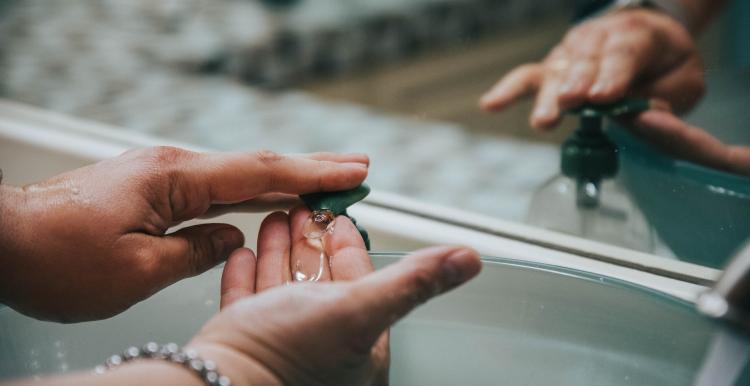Preventing infection in hospitals

Information about Face Coverings
Hospitals have produced the following guidance:
- Face coverings must cover your nose and mouth
- Face coverings can be as simple as a scarf, cloth mask or bandanna
- You should wash your hands or use hand sanitiser before putting on a face covering and after taking it off
- It is important not to touch your face covering
If you forget your face covering you will not be turned away or denied care. Face coverings will be provided by hospital staff to ensure your safety and the safety of others.
It is important to also follow other infection control safety measures, including social distancing and regular hand washing.
Exemptions from wearing face coverings
However, the guidance states that the following groups do not have to wear a face covering:
- Young children under the age of 3
- Anyone with anatomical difficulties that would make wearing a face covering impossible or painful e.g. facial injuries
- People with breathing difficulties
- Anyone who experiences severe discomfort or distress while wearing a face covering
If you are deaf or hearing impaired, hospital staff have a range of communication options to ensure they can communicate with you. This might include visual aids such as writing things down, speech to text apps and sign language.
Further information
For more information on how to wear and make a face covering please click here

